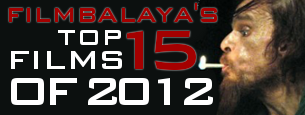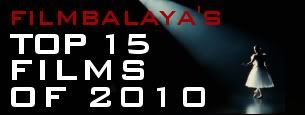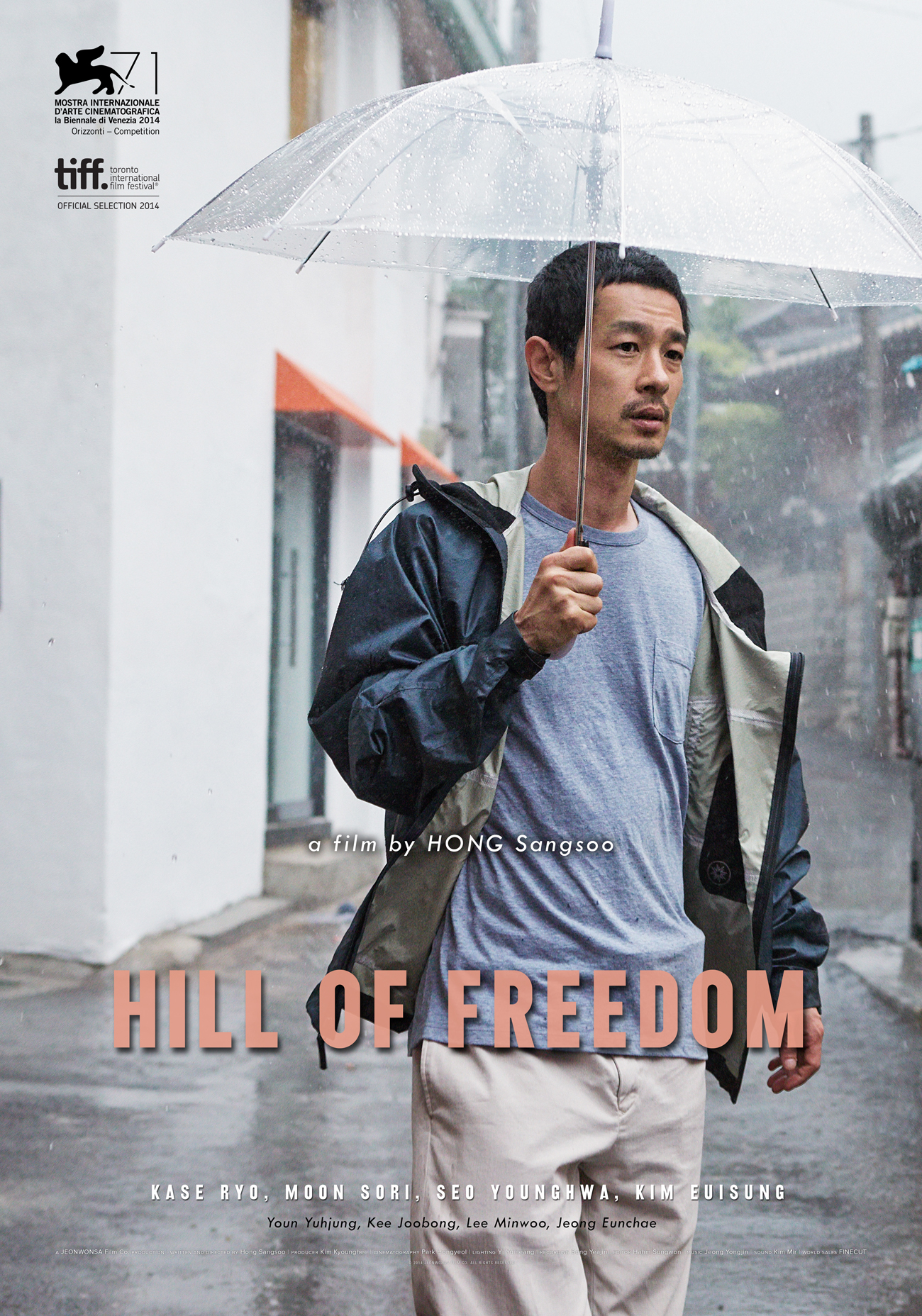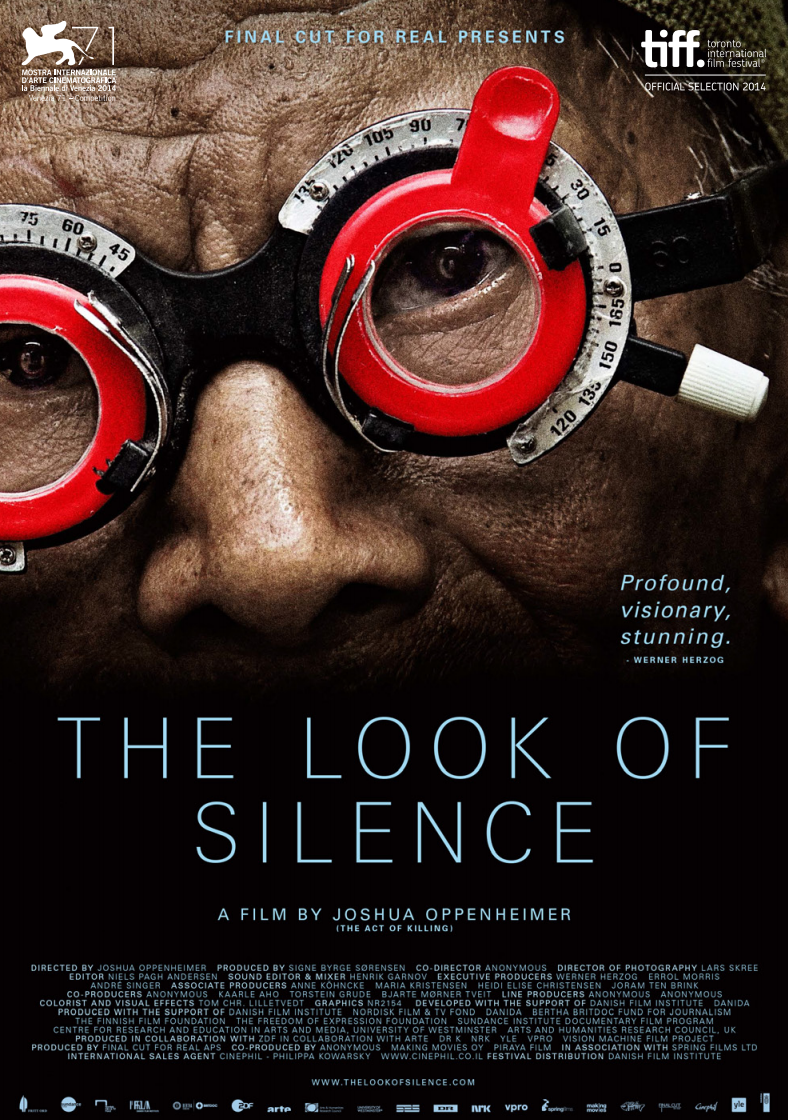Movie: The Forgiveness Of Blood
Director: Joshua Marston (Maria Full of Grace)
Showtimes: Thu. Oct 13, 2011, 4:00pm @ Sequoia Theatre – Mill Valley (Tickets)
Sat. Oct 15, 2011, 12:15pm @ Sequoia Theatre – Mill Valley (Tickets)

 Being a teenager is never the easiest of things, especially when your family is involved in an escalating land conflict resulting in your father taking part in a murder, along with the subsequent consequences of such an act. In this case, it’s Blood Law, which means the males of the family are under house arrest until the conflict is settled, which could take years, and if they leave the house they could be shot on sight. The first thing that struck me about this film is that modern-day Albania has some screwed up laws. The second thing I noticed was that all the elements that go into a film being a worthwhile outing (script, acting, sound, costume, and photography) were spot on, making The Forgiveness Of Blood an uniquely claustrophobic coming-of-age drama. – Adam Cuttler
Being a teenager is never the easiest of things, especially when your family is involved in an escalating land conflict resulting in your father taking part in a murder, along with the subsequent consequences of such an act. In this case, it’s Blood Law, which means the males of the family are under house arrest until the conflict is settled, which could take years, and if they leave the house they could be shot on sight. The first thing that struck me about this film is that modern-day Albania has some screwed up laws. The second thing I noticed was that all the elements that go into a film being a worthwhile outing (script, acting, sound, costume, and photography) were spot on, making The Forgiveness Of Blood an uniquely claustrophobic coming-of-age drama. – Adam Cuttler
Reviews for Heritage and What Happened Here? after the jump
Read More…
 Belgium gangsters, Nazis, socialists, roadies, and a closer look at San Francisco’s Hunters Point district. What do these things have in common? They’re all featured in new films opening this week in San Francisco theaters. To see the full list of films and where they’re playing follow the jump. Read More…
Belgium gangsters, Nazis, socialists, roadies, and a closer look at San Francisco’s Hunters Point district. What do these things have in common? They’re all featured in new films opening this week in San Francisco theaters. To see the full list of films and where they’re playing follow the jump. Read More…



























